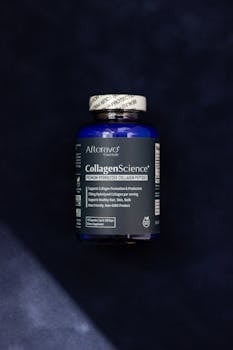"The best way to predict the future is to create it." — Peter Drucker
An exciting new study delves into the potential anti-aging benefits of vitamin D, a common nutrient often overlooked in daily routines. The research, conducted on a large scale, suggests that supplementing with vitamin D may slow down the biological aging process by protecting our cells’ DNA caps, known as telomeres.
Telomeres are essential indicators of cellular health and are linked to our overall biological age. These tiny caps at the ends of our chromosomes have a vital role in maintaining genetic stability and preventing DNA damage. As we age, telomeres tend to shorten, increasing the risk of age-related diseases like cardiovascular issues, dementia, and cancer. Significantly, the study found that adequate vitamin D levels may help protect and preserve these vital DNA structures.
The research revealed that participants with higher vitamin D levels had longer telomeres and displayed slower biological aging. This association was found to be significant, even after accounting for other lifestyle factors that influence aging, such as BMI, physical activity, and socioeconomic status. This indicates a strong link between vitamin D and telomere health.
Vitamin D, often called the “sunshine vitamin




